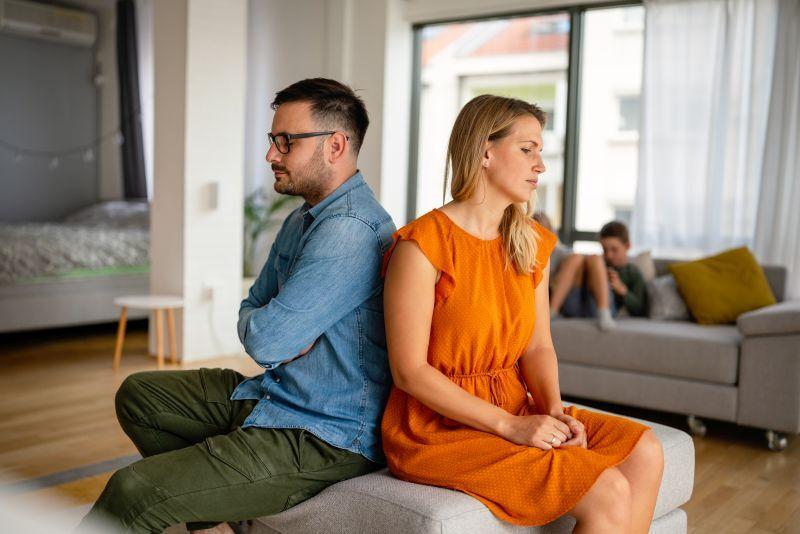This page has been automatically translated. Please refer to the page in French if needed.
Separation
Does the former companion who remains in the common dwelling have to pay an occupancy allowance?
Publié le 25 avril 2024 - Directorate for Legal and Administrative Information (Prime Minister)
Mary is separated from her partner. The couple was not married. After her partner left, she found herself alone in the house they had bought. Since she cannot afford to move elsewhere, she wants to stay in the house. Relatives have warned her that she will have to pay her ex-partner an occupation allowance. Mary is surprised to have to pay to stay at home, the house belonging to her as much as to him. She wished to know whether, in her situation, an occupation allowance was indeed due. If so, she asks if it is possible to escape, especially since her ex-partner no longer wants to participate in the expenses or the reimbursement of the credit.

Service-Public.fr replies:
Marie and her ex-partner are “in disunity” over the house they bought together.
The Civil Code lays down the rules applicable to divisions. Article 815-9 provides, inter alia, that each indivisor must be able to use the property while respecting the rights of the other indivisors. This means agreeing on a common or shared use of the property.
When an indivisaire uses the common good alone, the other indivisaires who no longer have the private enjoyment of the property are entitled to a compensation for occupation. This happens, for example, when a couple of owners break up and one of them stays in the common good.
However, this occupancy allowance is not systematic and the indivisaries can decide on a free private occupation.
By staying in the house, Marie is effectively exposing herself to having to pay compensation to her ex-partner. But she can hope to escape this legal obligation if he agrees to keep her in the house for free.
In case of disagreement on the issue of the occupation allowance, a judge is required to order its payment. When the question arises in connection with the separation of a couple, the family judge is competent and the procedure requires representation by counsel. The judge will have to verify that the applicant no longer has the ‘private enjoyment of the property’. Otherwise, the compensation is not due. Concretely, cohabitation must have stopped completely.
The judge must determine the date from which the applicant no longer had private enjoyment. That date is the starting point for the payment of the occupation allowance.
Finally, the judge will determine the amount of compensation based mainly on the rental value of the property, but other criteria may be taken into account (e.g. age, share of the division held in the property, etc.).
FYI
Free occupation may be a procedure for implementing the obligation to contribute to the upbringing and upbringing of children. Those who remain in the dwelling with the children do not pay an occupation allowance but do not receive maintenance or reduced pension.
As regards mortgage credit, the separation of the couple does not terminate the loan agreement. The bank can demand payment of the monthly loan from each of the couple’s members, which is the co-borrower guarantee.
Mary’s ex-partner remains committed to the bank even though he no longer lives in the house. If Mary pays the refunds on her own, she can turn against him and demand his participation. It can also use this argument in court to be exempted from paying all or part of the occupancy allowance.
Additional topics
Agenda
Apprentissage
Jusqu'au 17 mai 2024
Publié le 03 mai 2024
Déplacements
À partir du 1 mai 2024
Publié le 26 avril 2024
Impôts
À partir du 11 avr. 2024
Publié le 11 avril 2024

